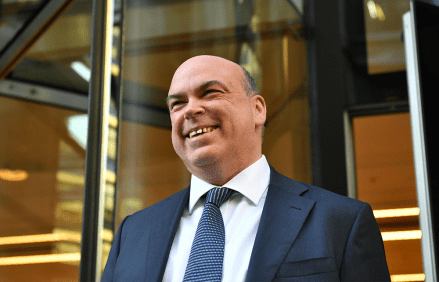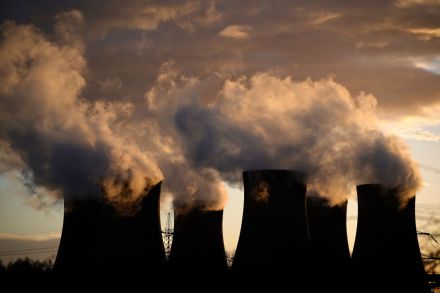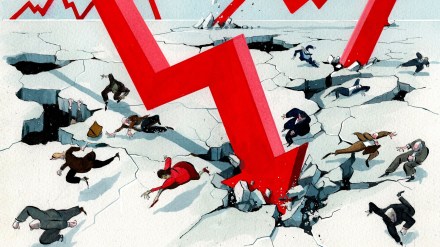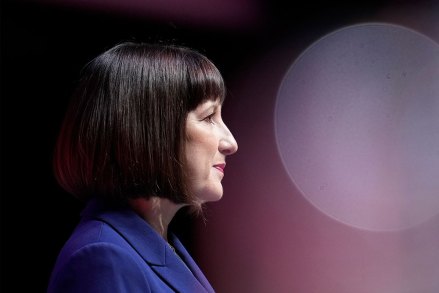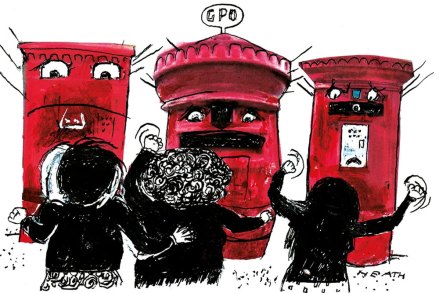A thriving City will test Labour’s tolerance
The City is having a busier year than pessimistic observers – including me – might have expected. The biggest deal on the block, the £39 billion bid by Australian giant BHP Billiton for its London-listed South African mining rival Anglo American, has fallen away. But plenty of bankers’ and advisers’ fees have already been clocked up on both sides and BHP may now pursue global domination of the copper market by stalking other London-listed miners such as Antofagasta of Chile. Meanwhile, the £3.5 billion takeover of International Distribution Services, the parent of Royal Mail, by Czech billionaire Daniel Kretinsky’s private EP Group, is cruising ahead with scant opposition – but








